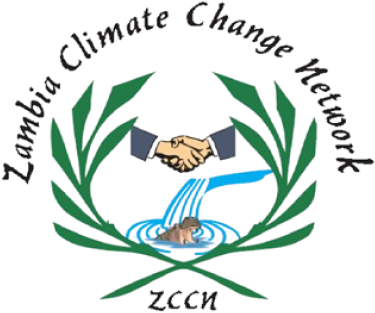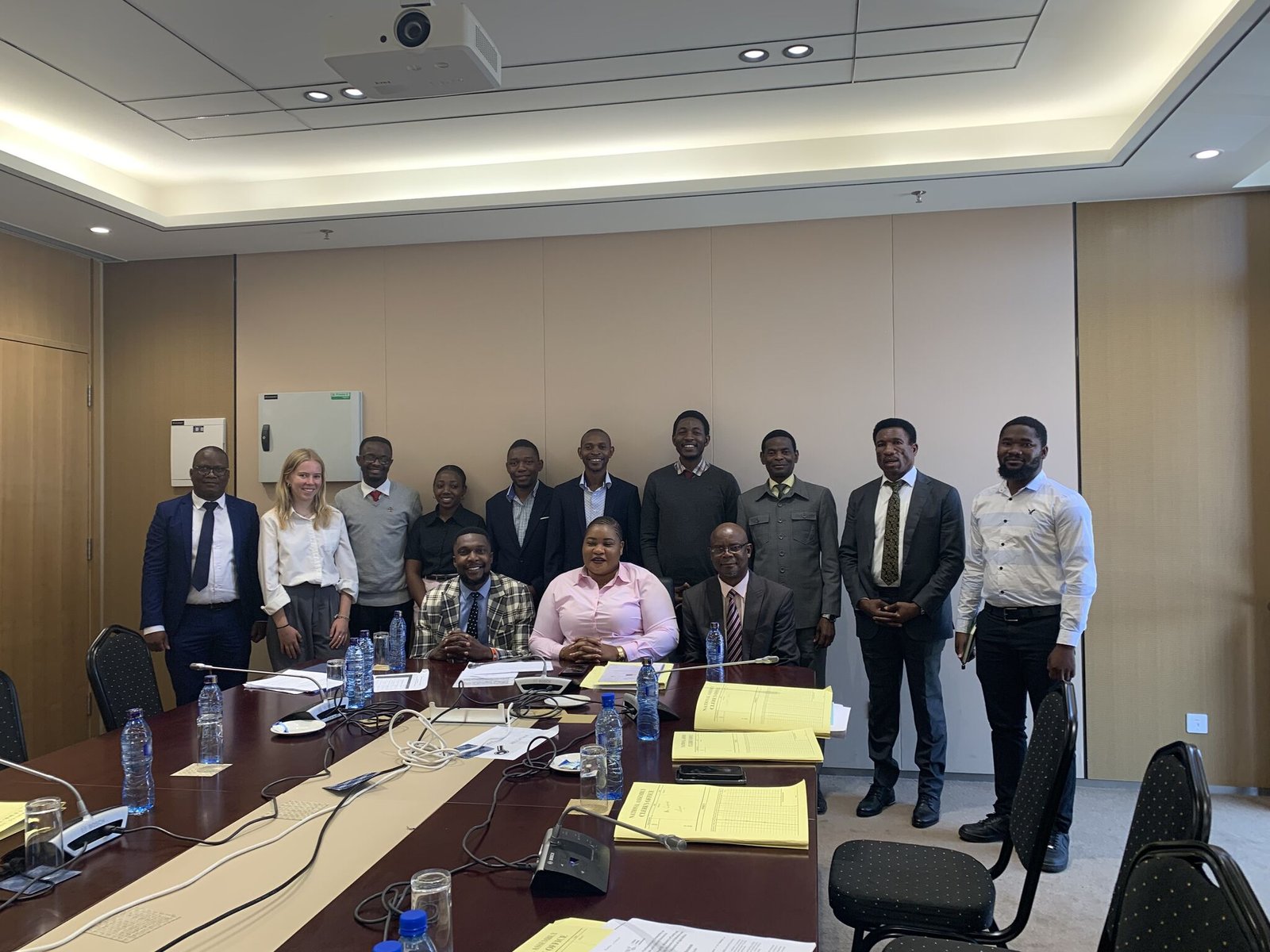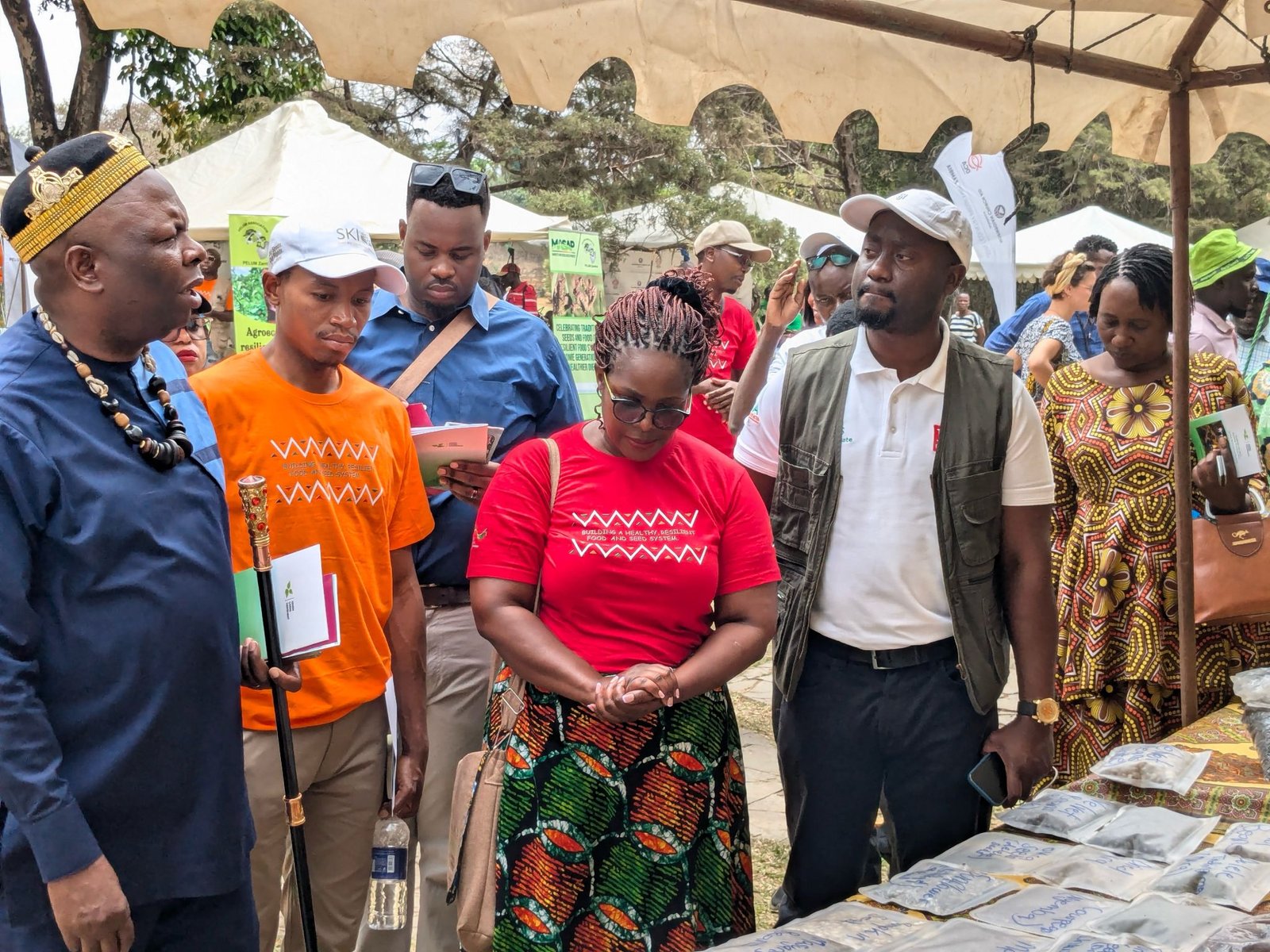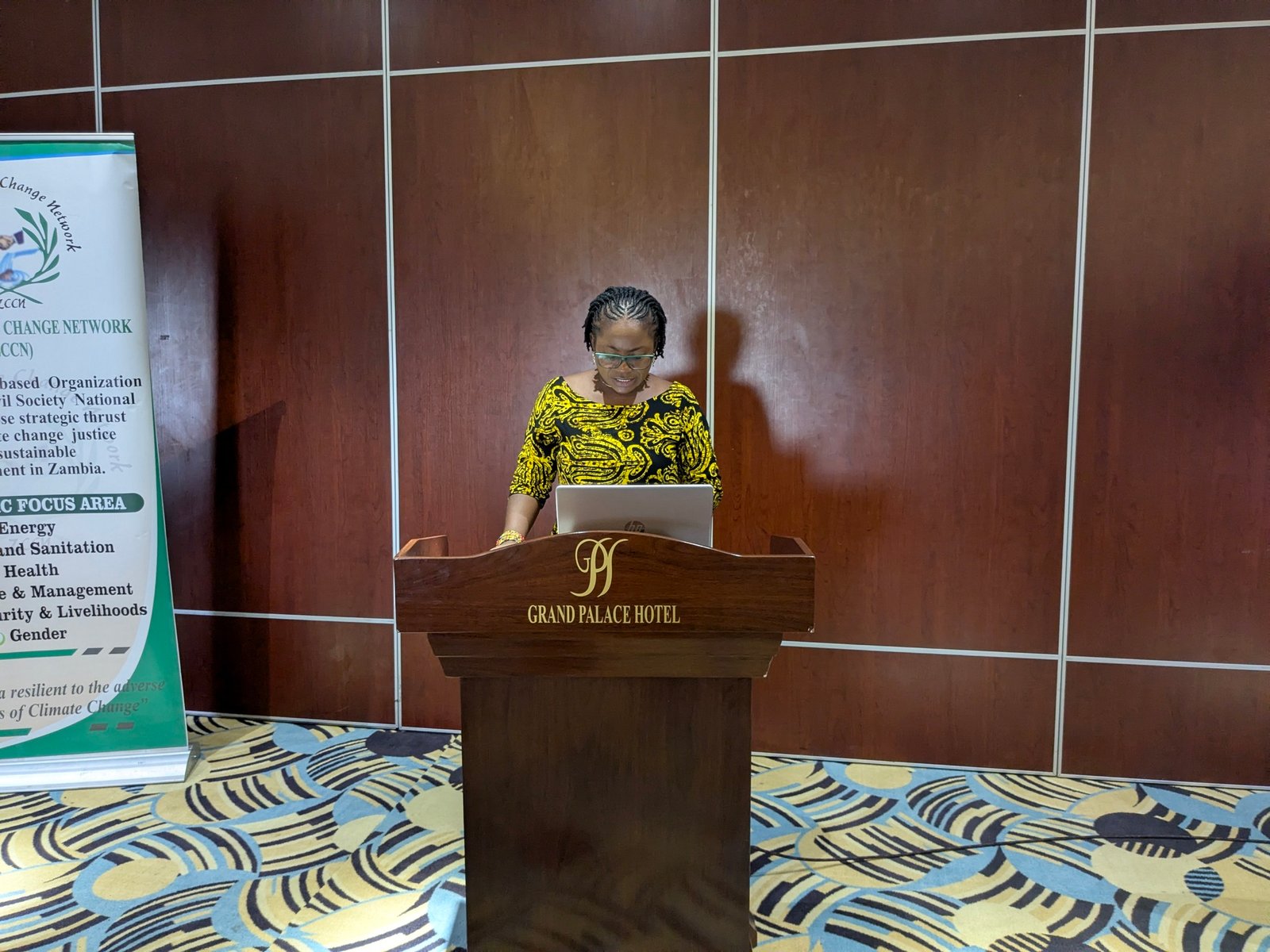The Zambia Climate Change Network (ZCCN), alongside key members and partners, made a formal submission to the Committee on Lands, Agriculture, and Natural Resources regarding the proposed 2025 national budget allocations under Head 85 (Ministry of Lands and Natural Resources), Head 86 (Ministry of Fisheries and Livestock), and Head 89 (Ministry of Agriculture).
The delegation, led by the ZCCN Secretariat, included representation from ActionAid Zambia, FIAN International, Family Development Initiatives Zambia (FDI), and Levy Mwanawasa Medical University – School of Public Health.
Key Recommendations by Sector:
📌 Head 85: Ministry of Lands and Natural Resources
• Increase Funding for Natural Resource Management:
Only 4.23% of the budget is currently allocated to this area, compared to 67.48% for Land Administration. ZCCN emphasized the need for more equitable distribution to address land degradation and biodiversity loss.
• Boost Wetland Protection & Awareness:
ZCCN called for a scale-up in the dissemination of Wetland Guidelines and more comprehensive assessments, especially in ecologically threatened wetland areas. Also read
📌 Head 86: Ministry of Fisheries and Livestock
• Invest More in Fisheries Production:
Given declining fish stocks and rising imports, ZCCN recommended increased investment in natural fisheries and sustainable management initiatives.
• Promote Sustainable Aquaculture & Livestock Practices:
Budget allocations should support climate-resilient practices that benefit vulnerable communities, especially those reliant on small-scale fisheries and farming.
📌 Head 89: Ministry of Agriculture
• Rebalance the Farmer Input Support Programme (FISP):
ZCCN proosed reducing FISP’s allocation and redirecting resources toward organic and sustainable agricultural practices.
• Prioritize Irrigation & Climate-Smart Technologies:
A sharp decline in irrigation funding—from K145 million in 2023 to just K5 million for 2025—was flagged as a major concern. ZCCN urged renewed investment in irrigation and other climate-resilient technologies.
These recommendations aim to ensure that Zambia’s 2025 budget better reflects the urgency of environmental stewardship and climate resilience.
Towards Climate and Environmental Justice!
— ZCCN Communications




